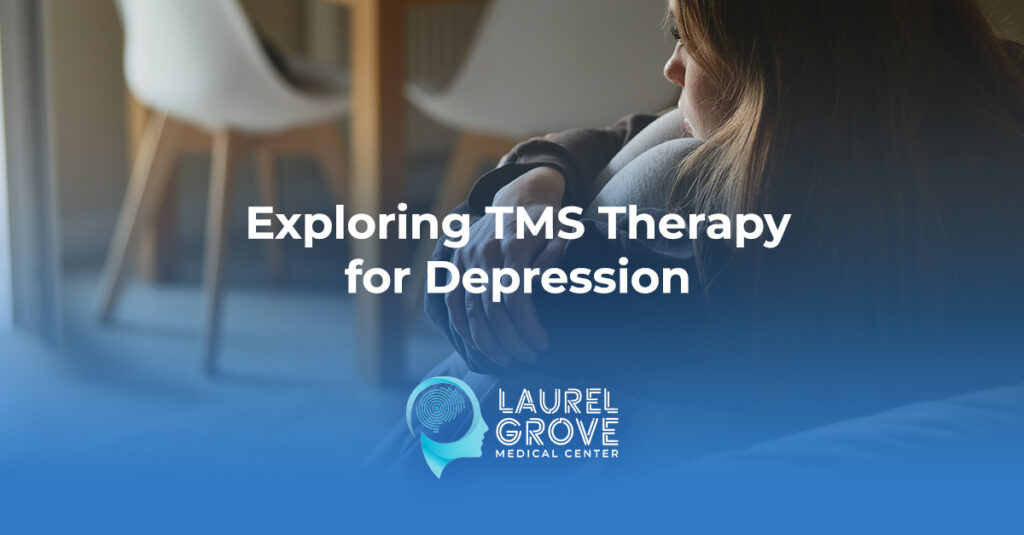Depression affects millions of people worldwide, disrupting lives with persistent sadness, lack of motivation, and feelings of hopelessness. While therapy and medications provide relief for many, some individuals find these approaches insufficient or experience intolerable side effects. For those struggling with treatment-resistant depression, Transcranial Magnetic Stimulation (TMS) offers a promising alternative. TMS therapy for depression uses magnetic pulses to stimulate specific brain regions, providing hope for individuals seeking a new path to recovery.
TMS works by targeting the prefrontal cortex, a part of the brain involved in mood regulation and emotional processing. Research shows that in individuals with depression, this area often exhibits decreased activity, contributing to the symptoms that characterize the condition. By delivering electromagnetic pulses to stimulate neural activity, TMS seeks to restore balance in the brain, fostering improvements in mood and cognitive function. This localized approach differentiates TMS from medications, which often affect the entire brain and body, leading to widespread side effects.
How Does TMS Therapy for Depression Work?
One of the most appealing aspects of TMS is its non-invasive nature. The treatment does not require surgery or anesthesia, and sessions are conducted in a comfortable outpatient setting. During a session, a magnetic coil is placed on the scalp, delivering targeted pulses that are carefully calibrated for each individual. Patients remain awake and alert throughout the process, which typically lasts 20 to 40 minutes. There is no downtime required, so patients can return to their daily activities immediately after treatment.

A standard course of TMS therapy involves sessions five days a week for four to six weeks. While this may seem intensive, the cumulative effect of regular stimulation helps retrain the brain over time, leading to lasting improvements in mood. Many individuals begin to notice positive changes within the first few weeks, with benefits continuing to build as the treatment progresses.
For those with treatment-resistant depression, TMS offers hope where other methods have fallen short. Studies show that individuals who have not responded to multiple antidepressant medications often experience significant relief from TMS therapy. This makes it a valuable option for those seeking alternatives to traditional pharmacological treatments. Furthermore, TMS does not carry the systemic side effects often associated with medications, such as weight gain, fatigue, or sexual dysfunction.
Comprehensive Approach to Treatment
TMS also offers a tailored approach to treatment. Before beginning therapy, patients undergo a thorough evaluation to determine the ideal placement and intensity of the magnetic pulses. This customization ensures that each person receives the most effective treatment for their unique needs. Additionally, because TMS is a localized treatment, it minimizes the risks associated with broad systemic interventions, offering a safer and more focused option for managing depression.
While TMS is not a cure-all, it can be a powerful tool in a comprehensive approach to mental health care. Combining TMS with therapy, lifestyle adjustments, and ongoing support can enhance its effectiveness and provide individuals with the resources they need for sustained recovery. Many who complete TMS treatment report improved energy levels, greater emotional stability, and an overall better quality of life.
Learn More–Contact Us Today
Depression can feel like an insurmountable challenge, but advancements in treatments like TMS are changing the landscape of mental health care. To learn more about this innovative therapy, contact Laurel Grove Medical Center by email today. You can also reach us by phone at (323)376-9650.

